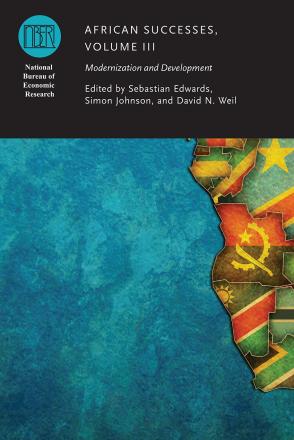The Financial Sector in Burundi: An Investigation of Its Efficiency in Resource Mobilization and Allocation

We study the performance of the financial system in Burundi in mobilizing and allocating resources using a blend of methodological approaches drawing from: (1) industrial organization in examining the banking sector structure, and the behavior and profitability of financial intermediaries; (2) macroeconomic analysis with a focus on the effect of economic performance and policy framework on financial sector performance; and (3) political economy analysis highlighting the role of political governance and political instability, as well as ownership of financial institutions on allocative and distributional inefficiencies. We find that the core of the financial sector that has survived the worst of the economic and political crises of the last decades is highly profitable. Bank profitability hides financial sector weaknesses: a high level of fragmentation; a narrow credit market that favors “insiders” mostly affiliated with the political elites; a shortage of long-term stable resources; inefficient allocation of resources; and weak supervision and regulation. Access to finance remains an important challenge, especially for the “stranded middle” (middle income households and medium size firms) due to the “missing middle credit market”. Recent developments in the financial sector, such as penetration of foreign banks, may boost competition, financial innovation, and access to finance.
-
-
Copy CitationJanvier D. Nkurunziza, Léonce Ndikumana, and Prime Nyamoya, African Successes, Volume III: Modernization and Development (University of Chicago Press, 2014), chap. 3, https://www.nber.org/books-and-chapters/african-successes-volume-iii-modernization-and-development/financial-sector-burundi-investigation-its-efficiency-resource-mobilization-and-allocation.Download Citation


